About Publications Library Archives
heritagepost.org

Preserving Revolutionary & Civil War History

Preserving Revolutionary & Civil War History

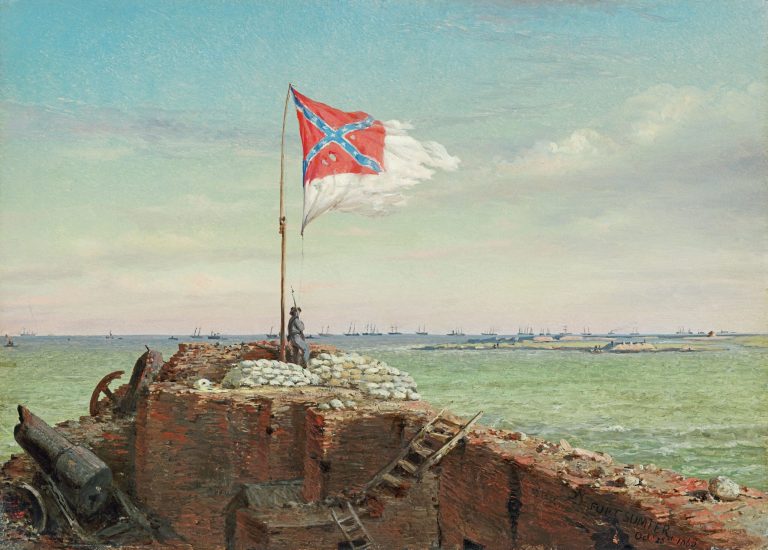
Author: John McKinley Gibson Date:1864 Annotation: Initially, Lincoln and his generals anticipated a conventional war in which Union soldiers would respect civilians’ property. Convinced that there was residual unionist support in the South, they expected to preserve the South’s…
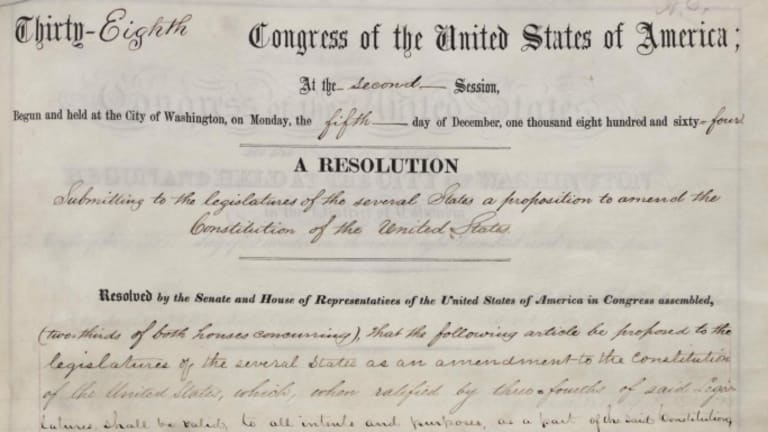
Author: Congress of the United States Date:1864 Annotation: The Emancipation Proclamation freed only those slaves in states still at war. As a wartime order, it could subsequently be reversed by presidential degree or congressional legislation. The permanent emancipation of…
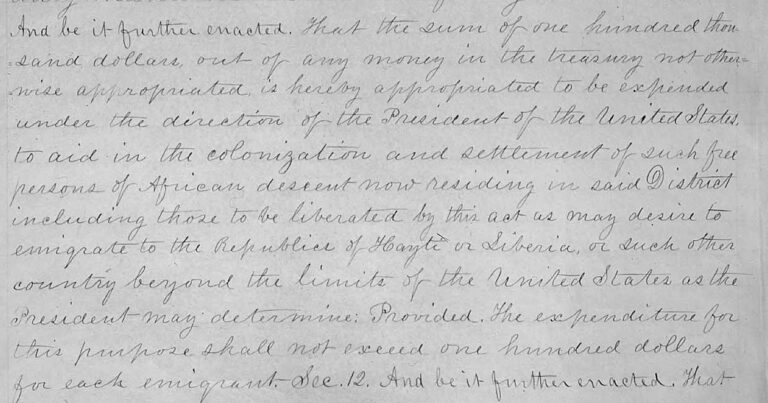
Author: Abraham Lincoln Date:1864 Annotation: For much of his political career, Lincoln, like his political idol Henry Clay, was an advocate of colonization, based on his belief that “the great mass of white people” would refuse to extend equal…
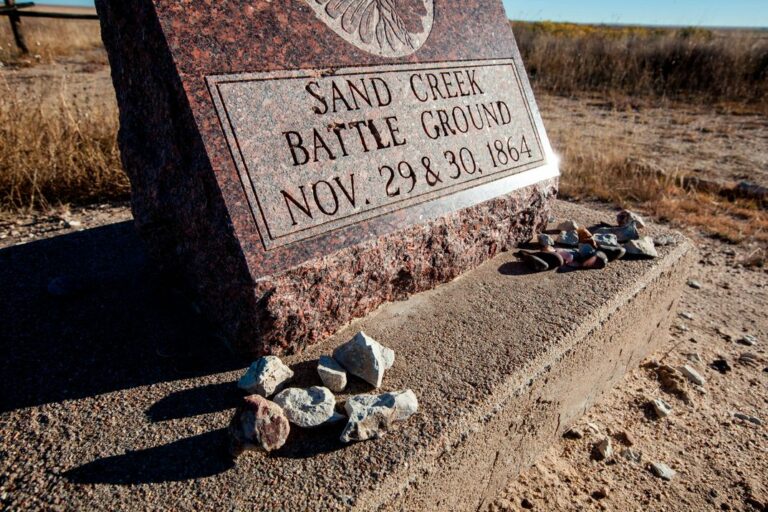
Date:1864 Annotation: Senator Ben Nighthorse Campbell of Colorado, the lone American Indian in Congress, called it “one of the most disgraceful moments in American history.” About 700 U.S. army volunteers stormed through an Indian encampment near Big Sandy Creek in…
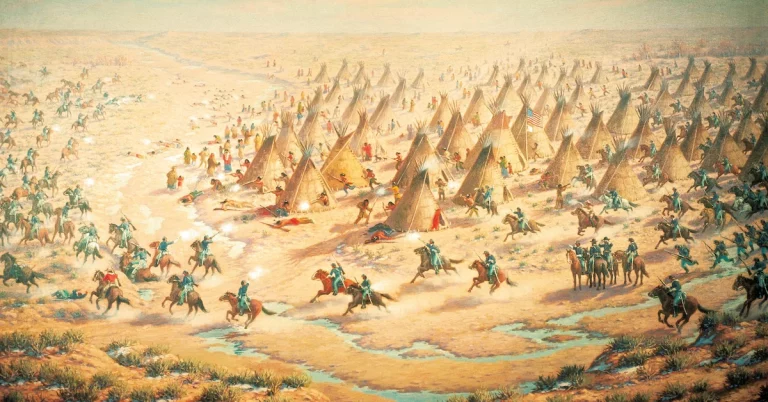
Author: Joint Committee on the Conduct of the War Date:1864 Annotation: A joint congressional committee conducted an investigation of the Sand Creek massacre and issued its report in 1864. This extract describes the events that occurred at Sand Creek.…
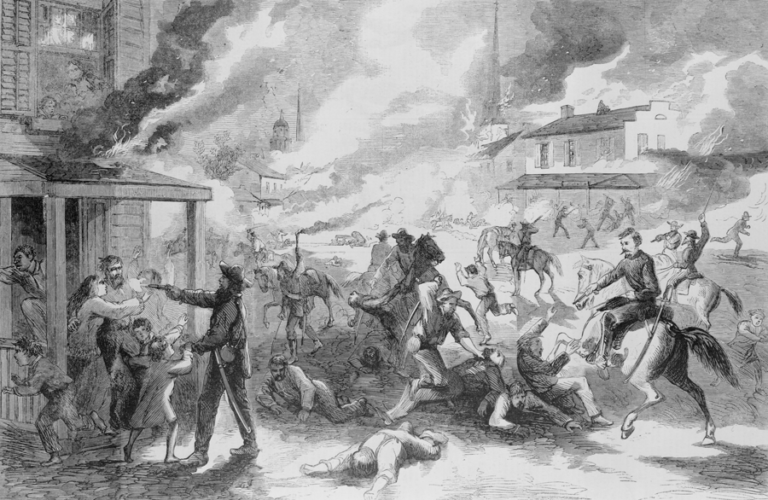
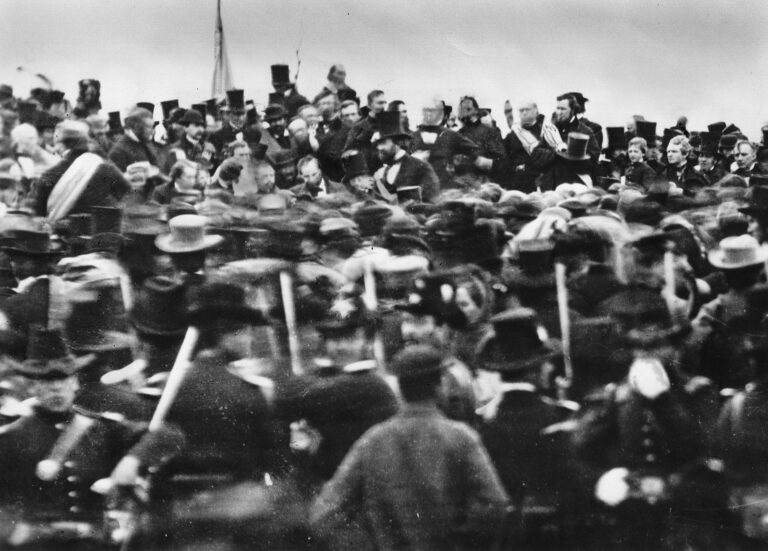
Author: Abraham Lincoln Date:1863 Annotation: The Gettysburg Address was delivered on November 19, 1863, several months after the Union defeated the Confederacy at the Battle of Gettysburg. Lincoln described the Civil War as a struggle for “a new birth…
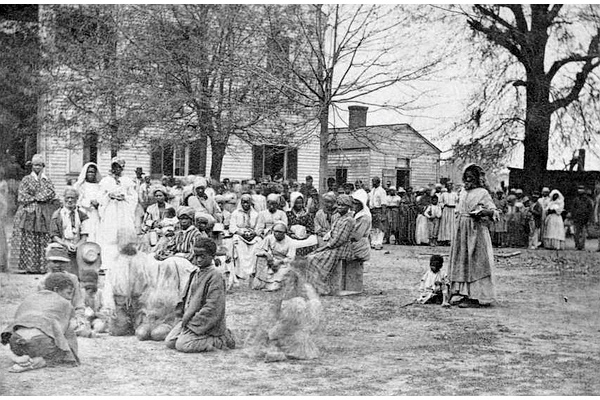
Author: James E. Yeatman Date:1863 Annotation: In a letter to President Lincoln, aid workers offer a graphic portrait of the plight of wartime refugees. Document: The undersigned, members of the Western Sanitary Commission, most respectfully represent, that the condition…
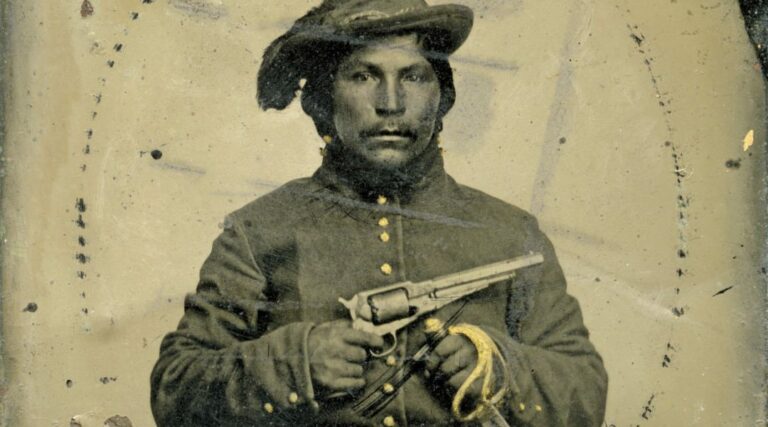
Author: George Bonga Date:1863 Annotation: In the midst of the Civil War, a thirty-year conflict began as the federal government sought to concentrate the Plains Indians on reservations. Violence erupted first in Minnesota, where, by 1862, the Santee Sioux…
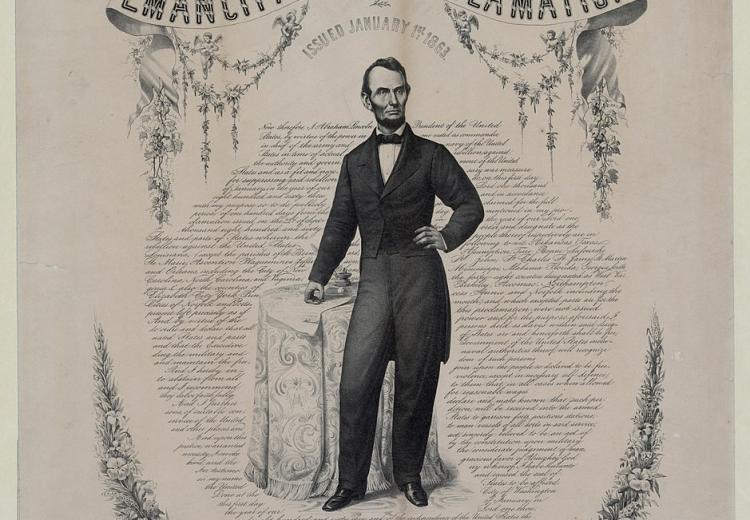
Author: Abraham Lincoln Date:1863 Annotation: President Abraham Lincoln frees slaves in areas in rebellion against the United States. The nation was embroiled in the Civil War when President Abraham Lincoln delivered the Emancipation Proclamation on January 1, 1863. While…
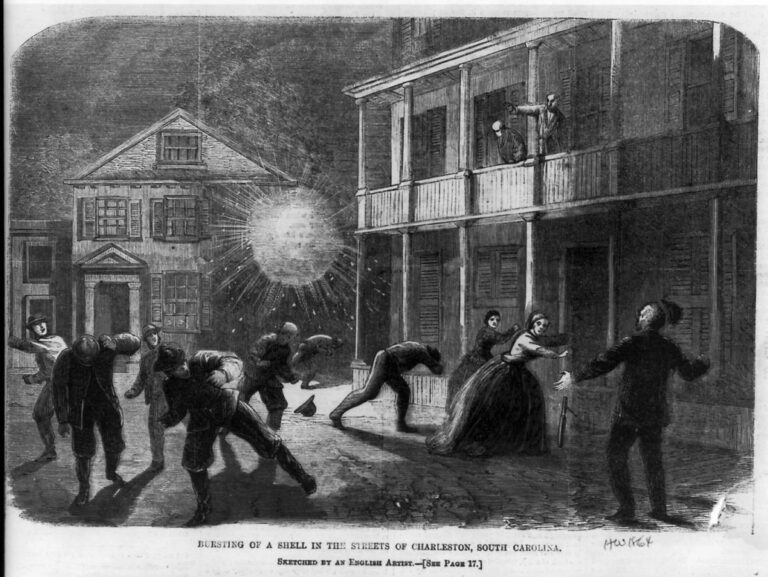
Author: Abram Bogart Date:1863 Annotation: Black soldiers participated in the war at great threat to their lives. The Confederate government threatened to summarily execute or sell into slavery any captured black Union soldiers–and did sometimes carry out those threats.…
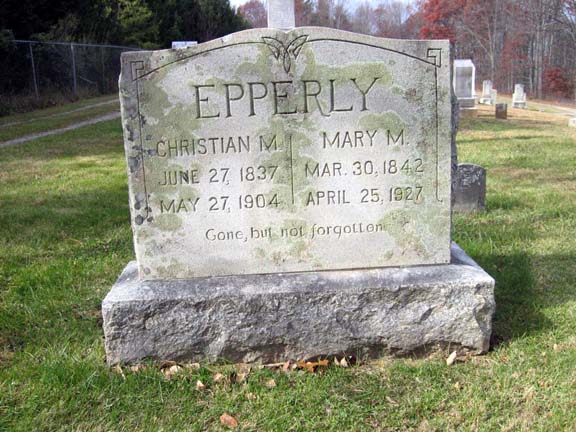
Author: Christian M. Epperly Date:1863 Annotation: The four days between July 1 and July 4, 1863 marked a major turning point of the Civil War. Beginning in mid-May, Ulysses S. Grant’s troops had begun a siege of Vicksburg, Mississippi.…